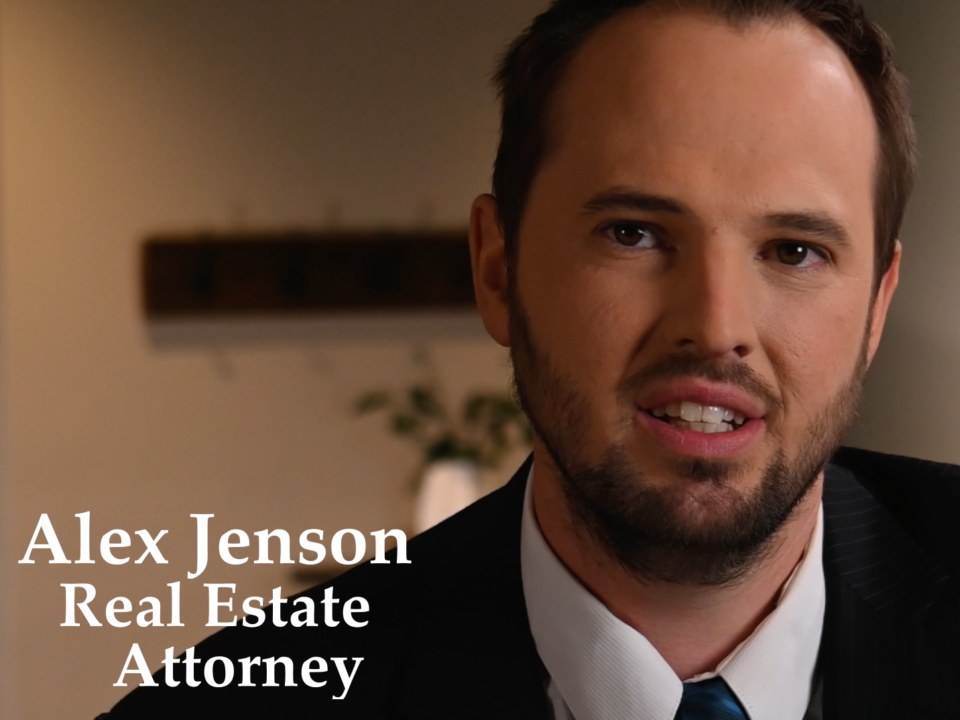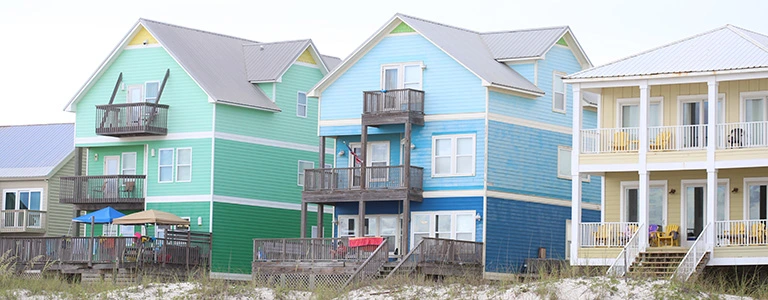
The Limitations on Medicaid Estate Recovery
Some may be surprised to learn that after a recipient of medical assistance dies, the North Dakota Department of Human Services will make a claim against the recipient’s estate for the total amount of medical assistance paid on the recipient’s behalf. Some may be even more surprised to learn that such a claim will not be made until the surviving spouse of the recipient has died and will then be made against the surviving spouse’s estate. If both spouses received medical assistance, then the claim may be quite large, as it will include medical assistance paid on behalf of both spouses.
Section 50-24.1-07 of North Dakota Statutes provides the North Dakota Department of Human Services with the authority to file a claim against a recipient’s estate to recover medical assistance paid on the recipient’s behalf. The statute provides that the State may recover medical assistance from a recipient who was a resident of a nursing facility, intermediate care facility for individuals with intellectual disabilities, or other medical institution and was not reasonably expected to return home from the institution or was at least 55 years of age when the medical assistance was received.
If the recipient dies and his or her spouse is still living, the State must wait until the surviving spouse dies before attempting to recover any medical assistance paid on the recipient’s behalf. In re Estate of Bergman, 2004 ND 196, ¶ 4, 688 N.W.2d 187. When the surviving spouse dies, the State may then seek recovery out of the surviving spouse’s estate. However, recovery is limited to assets that are traceable to the recipient of the medical assistance—those assets that the recipient had an ownership interest in at the time of his or her death. In re Estate of Thompson, 1998 ND 226, ¶ 15, 586 N.W.2d 847. This limitation on recovery can lead to disputes over which assets are subject to recovery and to what extent the State may seek recovery from the subject assets.
Recently, the North Dakota Supreme Court, in In re Estate of Krueger, 2019 ND 42, dealt with the question of whether the State can seek recovery out of property held in joint tenancy and to what extent assets held in joint tenancy are recoverable. The recipient in Krueger died before his spouse, and, at the time of his death, he and his spouse owned their home in joint tenancy. In re Estate Krueger, 2019 ND 42, ¶ 2. After the recipient’s spouse died, the State sought recovery of medical assistance paid on behalf of the recipient from the surviving spouse’s estate, including 100% of the proceeds from the sale of the home. Id. Because real property owned in joint tenancy transfers to the surviving joint tenants upon the death of a joint tenant, the parties disputed what ownership interest in the home, if any, could be traced to the recipient. Id. ¶ 3.
The applicable federal statute providing the State with the authority to recover medical assistance from a deceased recipient’s estate, 42 U.S.C. § 1396p(b)(4)(B), defines “estate” as:
[A]ny other real and personal property and other assets in which the individual had any legal title or interest at the time of death (to the extent of such interest), including such assets conveyed to a survivor, heir, or assign of the deceased individual through joint tenancy, tenancy in common, survivorship, life estate, living trust, or other arrangement.
(emphasis added). The Krueger Court, in looking to Iowa and Minnesota case law, determined that “at the time of death” should be interpreted to mean “a point in time immediately before death” rather than actually at the time of the recipient’s death. In re Estate of Krueger, 2019 ND 42, ¶ 7. Otherwise, if the language were taken literally, any joint property that transfers by law at the time of death would not be recoverable because the recipient no longer has an interest in that property at the time of death. Id.
Having determined that the recipient’s joint-tenancy interest in the home was part of his estate for Medicaid recovery purposes, the Court turned its attention to what extent the State could seek recovery from the sale proceeds of the home. Id. ¶¶ 8-11. Concluding that “an ordinary person would read “to the extent of such interest” as referring to a joint tenant’s fractional interest in the joint tenancy property,” the Court held that the State could recover only 50% of the sale proceeds. Id. ¶ 11.
As the Krueger case illustrates, challenging the extent of the State’s right to seek recovery of Medicaid can prove fruitful for an estate and these claims should not be blindly paid simply because the State is making them. Although the recipient’s joint-tenancy interest was recoverable in Krueger, it was still a successful challenge as the recovery was limited to half of the sale proceeds. Knowing the limits of the State’s ability to recover medical assistance is important to know when administering a decedent’s estate to preserve as much of the decedent’s estate as you can for the beneficiaries. Even though federal and North Dakota law specifically provide for Medicaid recovery from a recipient’s estate, there are limits to recovery and the personal representative should be aware of and enforce any limitations on the State’s ability to seek recovery.
If you are having an issue with a Medicaid recovery from an estate, contact Steve Welle. There may be other issues or concerns in addition to those mentioned above and Steve will likely be able to help you. Contact O’Keeffe O’Brien Lyson Attorneys in Fargo, North Dakota to discuss your situation by calling 701-235-8000 or 877-235-8002, or email by clicking on the attorney’s name above.



